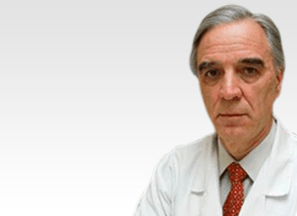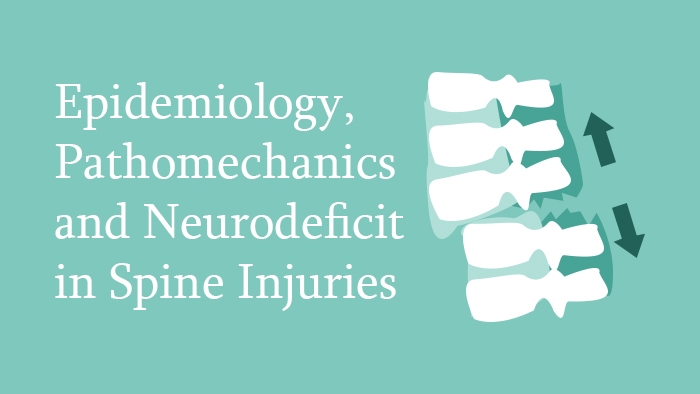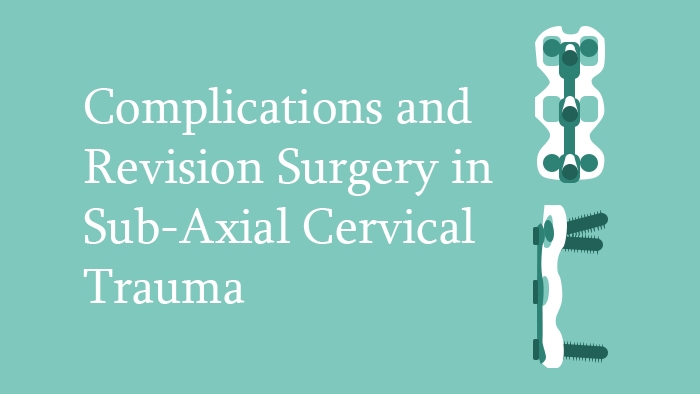Dr Luiz Vialle
eccElearning Spine Surgery Education Programme Faculty
Dr Luiz Vialle is a highly experienced Spine Surgeon and a key member of the eccElearning Spine Surgery Education Programme faculty. The Spine Surgery Education Programme contains 180 Spine Surgery Lectures, and contains Specialist Certificates and the full Postgraduate Diploma in Spine Surgery. The eccElearning Faculty is made up of over 140 expert spine surgeons and educators. They have collectively supported the development of the world’s first comprehensive, online postgraduate education programme in a medical sub-speciality, spine surgery.
Dr Luiz Vialle, MD. PhD.
- School of Medicine Pontifical Catholic University of Parana
Contributions of Dr Luiz Vialle
Lecture: Epidemiology, Pathomechanics and Neurodeficit in Spine Injuries
This spine surgery lecture covers epidemiology, pathomechanics and neurological deficits in spinal injuries. It discusses the frequency, levels affected, and causes of spinal injuries according to the available literature. It is interesting to learn if social or economic status influences the epidemiology. The pathomorphology is addressed here, explaining the influence of different vectors and axes in producing different injuries, allowing the reader to understand the multiple bone deformities after trauma. Finally, the mechanisms and types of Spinal Cord Injury are discussed, highlighting the importance of an adequate neurological evaluation.
Lecture: Complications and Revision Surgery in Subaxial Cervical Trauma
This spine surgery lecture looks at the potential subaxial cervical trauma surgery complications and revisions. The management of nonunion and mal union is discussed in detail. Treatment strategies for management of oesophageal injuries are also suggested. Finally, the processes involved in decision making for appropriate approach and revision of work performed earlier are covered, and how to approach the unique challenges offered by the scarred and infected field.




